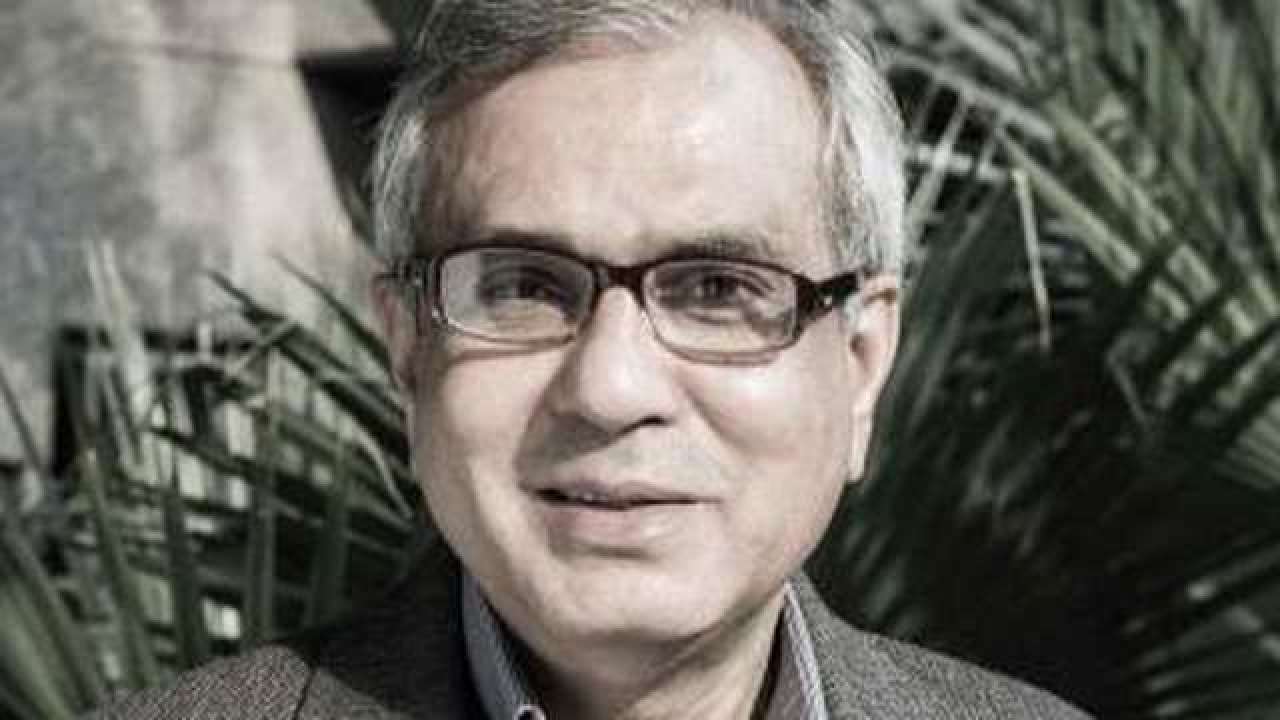
The BJP would do well to heed the advice of the Niti Aayog Vice Chairman Rajiv Kumar who has asked the government to start consolidating its reforms in a bid to ensure that these ground-breaking reforms reach the layman.
Since 2014, when PM Narendra Modi came to power, the government has left no stone unturned in unveiling a slew of schemes, plans and programmes singularly focused on delivering services to the maximum possible with the lowest degree of leakages. To that end, the Direct Benefit Transfer scheme – a policy that signals this government’s unflagging commitment to pursue its agenda of digitisation – has been instrumental in plugging leakages of close to Rs 57,000 crore.
Not for nothing has Moody’s acknowledged the Indian government’s efforts to fundamentally transform the extant business milieu by upgrading India’s rating to Baa2. Many critics are opining that the credit rating agency has failed in factoring in the disruption that followed against the wake of demonetization and the GST. This seems acutely specious. Given the enormous responsibility that the credit rating agency shoulders, one is more likely to believe that the agency has given such a favourable rating despite the disruptions of the twin policies.
It is to the credit of the agency that it has seen fit to look beyond the scaremongering over GST; clearly understanding that the problems that beset the GST – be it of the technically complicated GST infrastructure or of the excessive compliance burden on small traders – can be resolved incrementally. Meanwhile, the government hasn’t been deaf to the concerns of the small and medium enterprises.
Drastic changes that have effectively eased the problems of not just small time traders but also large manufacturing firms have been given effect to in the last quarter. Also, the government has given repeated indications that GST is a work-in-progress and feedback from the field has been edifying.
However, discrete reforms operating in silos that fail to come together organically means that in 2019 not many Indians will be interested in believing in the prosperity narrative of the BJP. That’s why, the BJP must put its spine into the task and get cracking on consolidating reforms across domains, if it is keen to secure the mandate for 2019.
The primary emphasis must be on public health and education. The first is a segment that is unpardonably underfunded while the second has failed to take successfully in rural areas despite the states and Centre channelling in crores. India has a shameful track record when it comes to allocating funds for health service delivery – coming in at barely 1 per cent of the GDP, lower than many developed countries and almost on a par with a clutch of sub-Saharan nations. The out-of-pocket expenditure of Indians continues to be one of the highest in India and is widely held to be a massive income guzzler. Access to cheap medicines and economical medical services will help boost BJP’s following and the party must take this issue head-on.